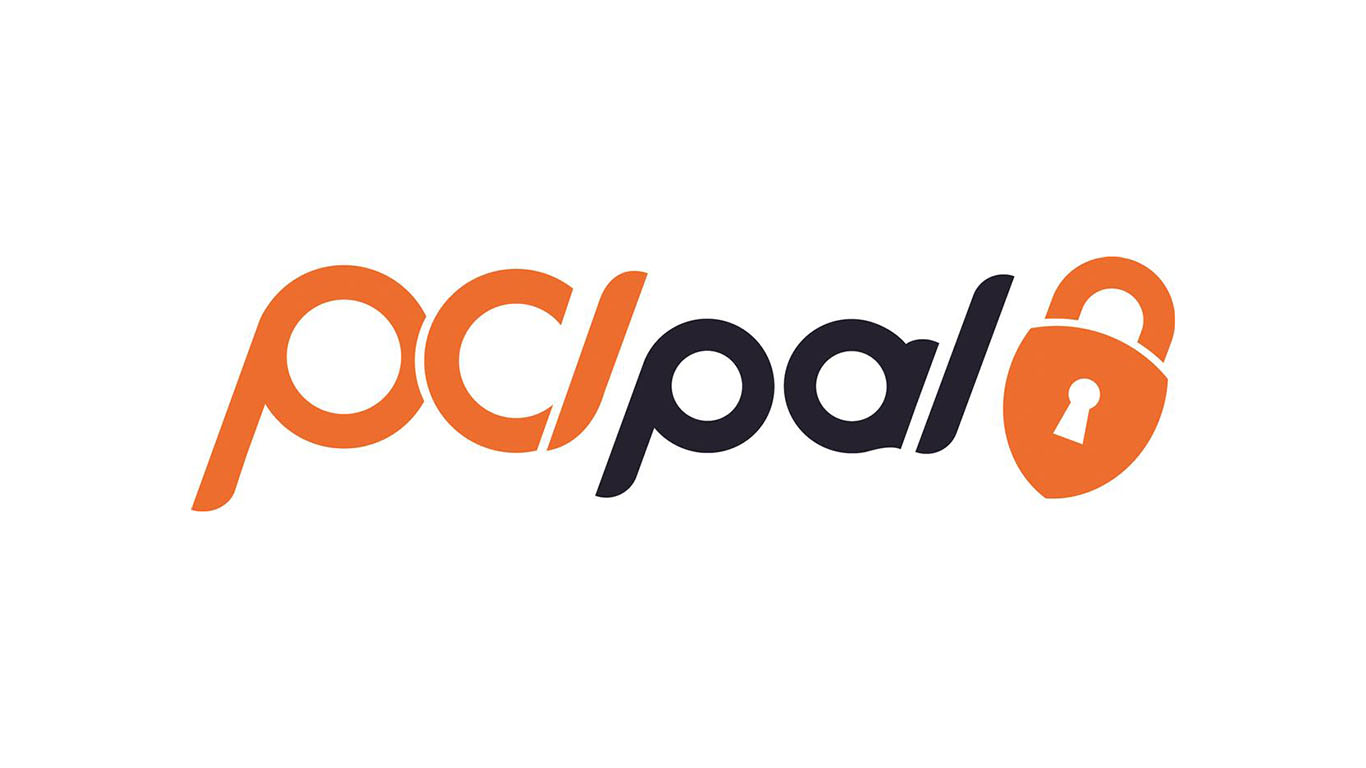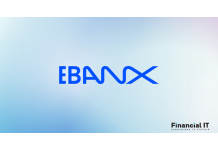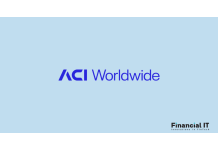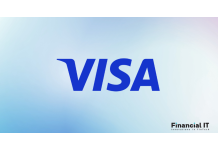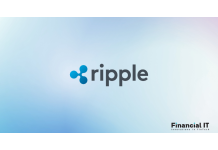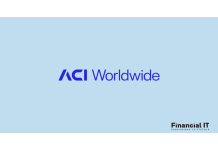The “Refund Hack” Economy: Why E-Commerce Chargebacks...
- 15.12.2025 02:35 pm
Customers in Denmark Can Now Access ViaBill’s Pay...
- 15.12.2025 12:45 pm
EBANX Drives the Next Phase of Credit Cards in LatAm...
- 15.12.2025 12:45 pm
BPI’s BanKo Teams Up with ACI Worldwide to Modernize...
- 15.12.2025 12:15 pm
Visa Launches Stablecoins Advisory Practice to...
- 15.12.2025 11:30 am
xpate Introduces ScheduleFX to Enable a Fully...
- 15.12.2025 10:15 am
Volt Partners with BVNK to Add Stablecoin Acceptance...
- 15.12.2025 10:15 am
PayTabs Egypt Partners with Edita to Streamline...
- 15.12.2025 08:25 am
Ripple Payments Sees First European Bank Adoption With...
- 12.12.2025 09:15 am
Global Payments Releases Its 2026 Commerce And Payment...
- 12.12.2025 09:05 am
Klarna Partners With Privy To Develop Simple, Secure...
- 12.12.2025 08:55 am
LLP Exotic Auto Finance Chooses ACI Worldwide To...
- 11.12.2025 02:15 pm

